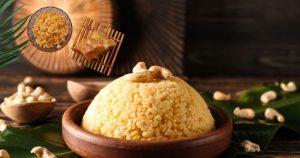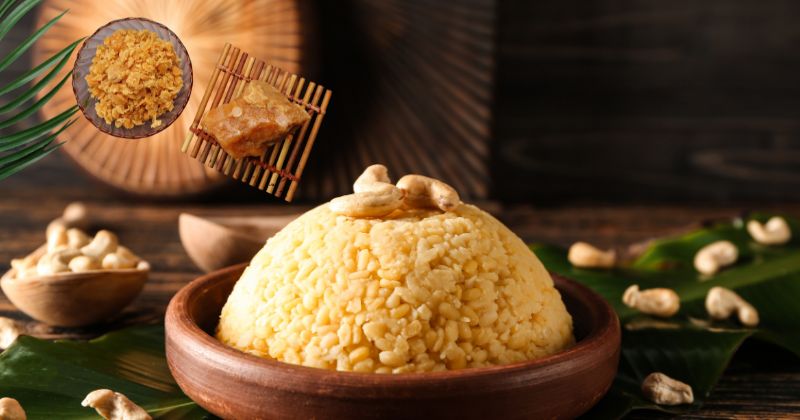

As the popularity of vegan cuisine continues to rise, creative cooks and food enthusiasts are exploring new ways to sweetener their plant-based creations. Jaggery, a traditional natural sweetener with a rich history in Indian cooking, is gaining recognition as a valuable ingredient in vegan dishes. In this article, we’ll delve into the role of jaggery in vegan cuisine, its nutritional attributes, and how it can enhance the flavors of plant-based delights.
Veganism is not just a diet; it’s a lifestyle choice that abstains from using any animal products, including meat, dairy, and even honey. Jaggery, derived from plant sources, aligns perfectly with vegan principles, making it a sought-after sweetening option for those adhering to a plant-based lifestyle.
Jaggery is not only a natural sweetener but also a source of essential nutrients. It contains minerals like iron, magnesium, and potassium, which are particularly important for vegans who may need alternative sources of these nutrients. Jaggery’s iron content is especially valuable for vegans, as plant-based sources of iron may not be as easily absorbed by the body.
Unlike refined sugar, which undergoes extensive processing that strips it of nutrients, jaggery retains its natural goodness. It’s made by boiling sugarcane juice or palm sap, allowing it to solidify naturally. This minimal processing preserves its minerals, antioxidants, and flavor.
Jaggery’s caramel-like flavor and natural sweetness make it a versatile addition to vegan baking. It can be used to sweeten cookies, cakes, muffins, and other treats. Its unique taste adds depth to baked goods, creating a delightful sensory experience.
From vegan ice creams to puddings and tarts, jaggery can transform plant-based desserts into indulgent delights. Its rich flavor pairs well with coconut, nuts, and various fruits, adding complexity to dessert profiles.
Jaggery can be dissolved in hot beverages like herbal teas, chai, and even coffee as a natural sweetener. Its earthy notes enhance the overall taste and create a warm, comforting drink.
While often associated with sweetness, jaggery can also play a role in savory vegan dishes. It can be used to balance out tangy or spicy flavors in sauces, dressings, and marinades.
In Indian cuisine, where jaggery is deeply rooted, it is a common ingredient in vegan dishes like lentil curries, rice dishes, and chutneys. It adds a touch of sweetness and depth to the overall flavor profile.
While jaggery offers several nutritional benefits and complements vegan dishes beautifully, it’s important to consume it in moderation. It’s still a source of carbohydrates and calories, so mindful portion control is key.
Also Read:
For ethically-minded vegans, choosing jaggery that is produced sustainably and with fair labor practices is essential. Opt for jaggery brands that prioritize both environmental and social responsibility.
Jaggery’s journey from sugarcane fields to vegan kitchens is a testament to its versatility and adaptability. As a natural sweetener rich in minerals and flavor, jaggery finds its place in the heart of vegan cuisine, elevating dishes to new heights. Whether you’re an experienced vegan cook or just starting on your plant-based journey, consider adding jaggery to your culinary repertoire for a touch of natural sweetness that aligns with your values and enhances your palate.




Copyright © 2024 Desigud.in All Rights Reserved